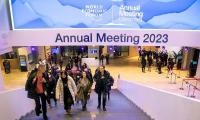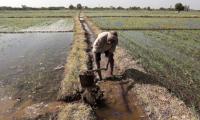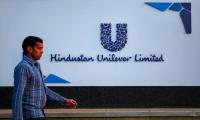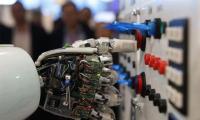CEAT, HUL Facilities Join WEF's Global Lighthouse Network
CEAT and Hindustan Unilever's facilities join the World Economic Forum's Global Lighthouse Network, recognizing their innovative manufacturing transformation using AI and digital technologies.
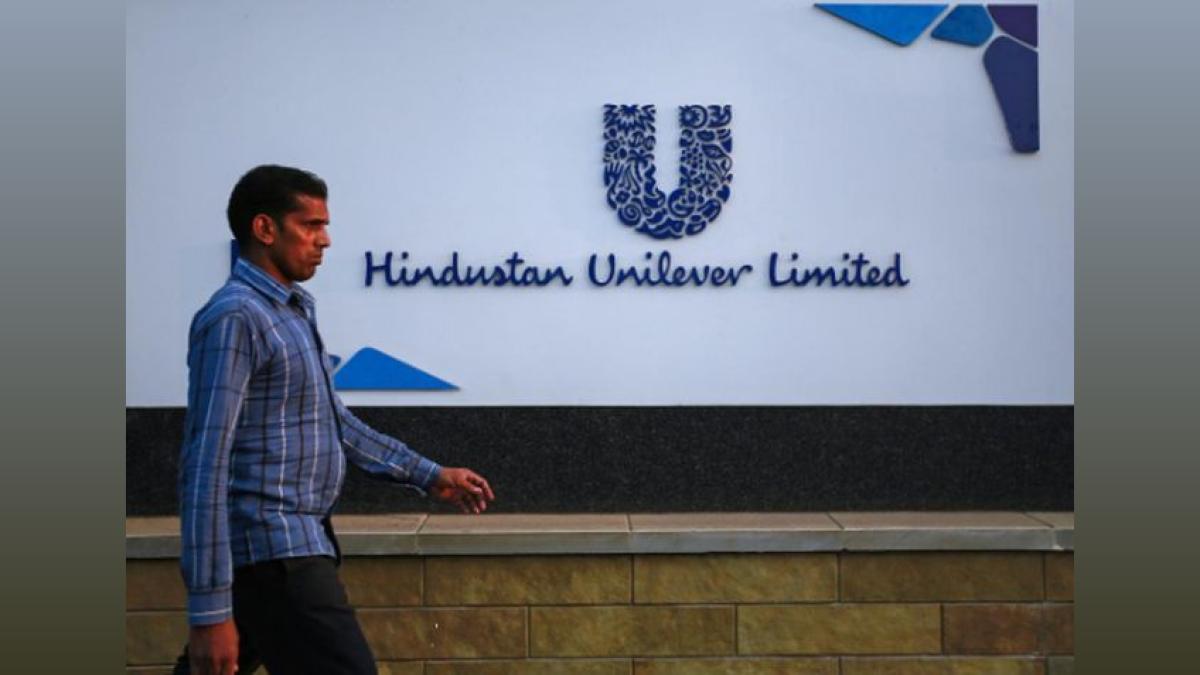
New Delhi, Jan 14 (PTI) Two India-based facilities of tyre maker CEAT and FMCG major Hindustan Unilever Ltd have joined the Global Lighthouse Network of the World Economic Forum for transforming manufacturing through innovation.
Announcing 17 new members to the network, the WEF on Tuesday said this community of 189 industry leaders is pioneering the use of cutting-edge Fourth Industrial Revolution technologies in manufacturing.
Other new members are based in the United Arab Emirates, China, Germany, Malaysia, Saudi Arabia, Taiwan, United Kingdom, United States and newcomer Morocco, home to the first Lighthouse site in Africa.
The latest cohort of Lighthouses has observed an average 53 per cent boost in labour productivity and 26 per cent reduction in conversion costs attributed to various digital solutions such as AI, machine learning, advanced analytics and more, the WEF said.
On Sriperumbudur facility of CEAT Ltd, the WEF said, "To support global expansion, CEAT needed to manage three times more SKUs (stock keeping units), faster order fulfilment, coupled with new product launches at twice the speed with productivity improvement in assembly process."
To achieve this, CEAT deployed over 30 digital solutions, including operational research models for reducing turnaround time, advanced analytics for predictive control and machine learning-based design.
These solutions improved labour productivity by 25 per cent, reduced dispatch turnaround time by 54 per cent, accelerated product ramp-up by 30 per cent and cut Scope 1 and 2 emissions by 47 per cent, the Forum said.
The other new Indian entrant to the list is HUL's Tinsukia facility.
To adapt to the surge in instant delivery e-commerce via shorter runs and wider product variety, Unilever Tinsukia, operating in a remote region with limited resources, implemented over 50 digital use cases improving end-to-end supply chain agility through machine learning-driven planning, AI-enabled changeovers and a green digital twin.
This helped reduce planning frozen periods from 14 days to one, enabling a threefold increase in unique SKUs and cutting the time for sustainable packaging trials by 84 per cent.
Additionally, the site supported local community development by fostering digital skills through an Industrial Training Institute and a digital Braille lab, strengthening its social impact alongside its digital transformation, the Forum said.
Launched in 2018, the Global Lighthouse Network brings together and celebrates the success of the world's leading industrial sites which achieved exceptional performance in productivity, supply chain resilience, customer centricity, sustainability and talent.
This global community of influential innovators, deploying over 1,000 solutions in multiple industries, includes 189 sites, 25 of which are Sustainability Lighthouses. The network now spans over 30 countries and 35 sectors.
This WEF initiative was co-founded with McKinsey & Company and is counselled by an advisory board of industry leaders who are working together to shape the future of global manufacturing.
Announcing 17 new members to the network, the WEF on Tuesday said this community of 189 industry leaders is pioneering the use of cutting-edge Fourth Industrial Revolution technologies in manufacturing.
Other new members are based in the United Arab Emirates, China, Germany, Malaysia, Saudi Arabia, Taiwan, United Kingdom, United States and newcomer Morocco, home to the first Lighthouse site in Africa.
The latest cohort of Lighthouses has observed an average 53 per cent boost in labour productivity and 26 per cent reduction in conversion costs attributed to various digital solutions such as AI, machine learning, advanced analytics and more, the WEF said.
On Sriperumbudur facility of CEAT Ltd, the WEF said, "To support global expansion, CEAT needed to manage three times more SKUs (stock keeping units), faster order fulfilment, coupled with new product launches at twice the speed with productivity improvement in assembly process."
To achieve this, CEAT deployed over 30 digital solutions, including operational research models for reducing turnaround time, advanced analytics for predictive control and machine learning-based design.
These solutions improved labour productivity by 25 per cent, reduced dispatch turnaround time by 54 per cent, accelerated product ramp-up by 30 per cent and cut Scope 1 and 2 emissions by 47 per cent, the Forum said.
The other new Indian entrant to the list is HUL's Tinsukia facility.
To adapt to the surge in instant delivery e-commerce via shorter runs and wider product variety, Unilever Tinsukia, operating in a remote region with limited resources, implemented over 50 digital use cases improving end-to-end supply chain agility through machine learning-driven planning, AI-enabled changeovers and a green digital twin.
This helped reduce planning frozen periods from 14 days to one, enabling a threefold increase in unique SKUs and cutting the time for sustainable packaging trials by 84 per cent.
Additionally, the site supported local community development by fostering digital skills through an Industrial Training Institute and a digital Braille lab, strengthening its social impact alongside its digital transformation, the Forum said.
Launched in 2018, the Global Lighthouse Network brings together and celebrates the success of the world's leading industrial sites which achieved exceptional performance in productivity, supply chain resilience, customer centricity, sustainability and talent.
This global community of influential innovators, deploying over 1,000 solutions in multiple industries, includes 189 sites, 25 of which are Sustainability Lighthouses. The network now spans over 30 countries and 35 sectors.
This WEF initiative was co-founded with McKinsey & Company and is counselled by an advisory board of industry leaders who are working together to shape the future of global manufacturing.
You May Like To Read
TODAY'S MOST TRADED COMPANIES
- Company Name
- Price
- Volume
- Vodafone-Idea-L
- 10.96 (+ 2.14)
- 52207296
- Welcure-Drugs-and
- 0.46 ( -4.17)
- 22939418
- Mangalam-Industrial
- 0.82 ( -4.65)
- 22136845
- YES-Bank-Ltd
- 21.87 (+ 0.64)
- 20374186
- Alstone-Textiles
- 0.29 ( -3.33)
- 17341504
